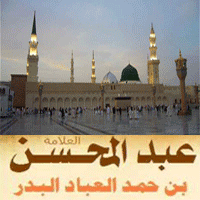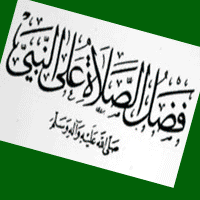مايو 2010
We have previously mentioned the Qahtanide and ‘Adnanide emigrations, and division of Arabia
between these two tribes. Those tribes dwelling near Heerah were subordinate to the Arabian king
of Heerah, while those dwelling in the Syrian semi-desert were under domain of the Arabian
Ghassanide king, a sort of dependency that was in reality formal rather than actual. However, those
living in the hinder deserts enjoyed full autonomy.
These tribes in fact had heads chosen by the whole tribe which was a demi-government based on
The three Arab regions adjacent to foreigners suffered great weakness and inferiority. The people
there were either masters or slaves, rulers or subordinates. Masters, especially the foreigners, had
claim to every advantage; slaves had nothing but responsibilities to shoulder. In other words,
arbitrary autocratic rulership brought about encroachment on the rights of subordinates, ignorance,
oppression, iniquity, injustice and hardship, and turning them into people groping in darkness and
The tribes
living near these regions were fluctuating between Syria and Iraq, whereas those living inside Arabia
were disunited and governed by tribal conflicts and racial and religious disputes.
They had neither a king to sustain their independence nor a supporter to seek advice from, or
depend upon, in hardships.
The rulers of Hijaz, however, were greatly esteemed and respected by the Arabs, and were
considered as rulers and servants of the religious centre. Rulership of Hijaz was, in fact, a mixture of
He must be called the saviour of Humanity. I believe that if a man like him were to assume the rule of modern world, he would succeed in solving its problems in a way that would bring it much needed peace and happiness. (The Genuine Islam, Singapore, Vol. 1, No. 8, 1936)
the renowned historian speaking on the essentials of Human Greatness wonders:
speaking on the character of prophet Muhammad says in "Young India";
in his "Heroes and Hero-worship" told about his amazement as to: "How one man single handedly, could weld warring tribes and wandering Bedouins into a most powerful and civilized nation in less than two decades".
******
"Muhammad was the soul of kindness, and his influence was felt and never forgotten by those around him" (D.C. Sharma. "The Prophets of the East", Calcutta, 1935.pp.12)
******
"I BELIEVE IN ONE GOD, AND MUHAMMAD, APOSTLE OF GOD"is the simple and invariable profession of Islam.
"The intellectual image of the Deity has never been degraded by any visible idol; the hours of the Prophet have never transgressed the measure of human virtues; and his living precepts have restrained the gratitude of his disciples within the bounds of reason and religion". (History of the Saracen Empires, London, 1870, p.54)
Speaking on the aspect of equality before God in Islam, the famous poetess of India, Sarojini Naidu says: " It was the first religion that preached and practiced democracy for, in the mosque, when the call for prayers is sounded and worshippers are gathered together, the democracy of Islam is embodied five times a day when the peasant and king kneel side by and side and proclaim: "God Alone is Great" I have never been struck over and over again by this indivisible unity of Islam that makes man instinctively a brother." (S.


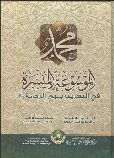
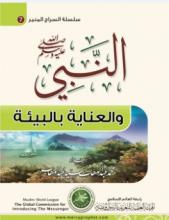
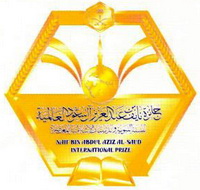

.jpg)
